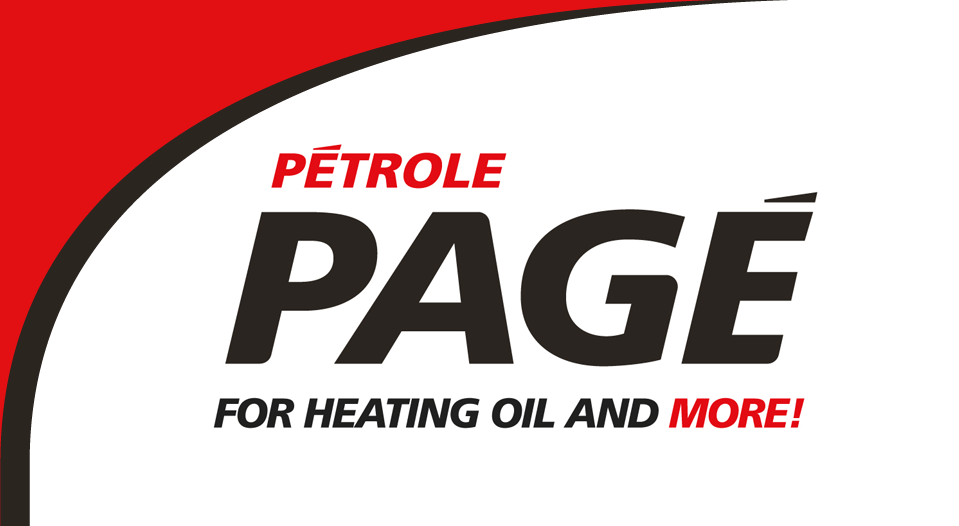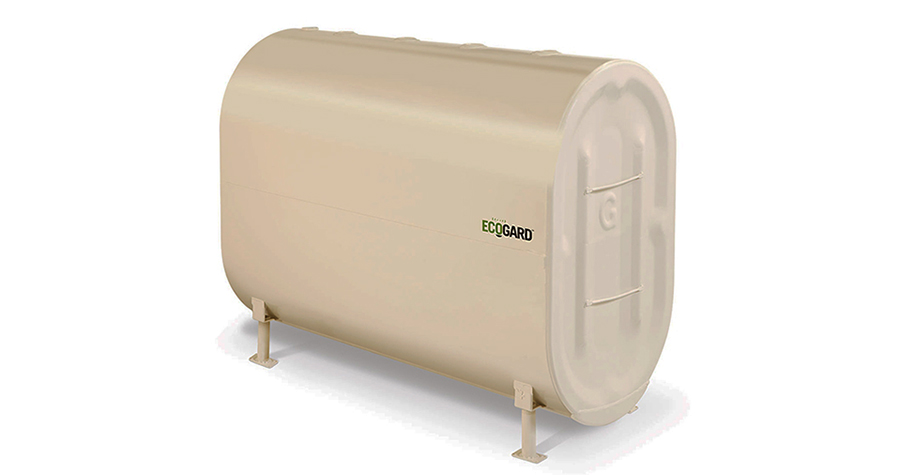An estimated 12% of Quebec homes use oil as an energy source for heating. Oil is sometimes stored in aging tanks and can be an environmental hazard. In Quebec, the average oil tank age is 28 years old. If you heat with oil, keep an eye on the tank.
Watch for leaks
Nearly 40% of oil leaks come from indoor or outdoor residential tanks. An oil leak can be a serious fire hazard and cause significant damage to the environment. A leaking tank can contaminate the ground water, a well or a nearby drinking water supply system. Cleaning up oil-soaked soil is a difficult and costly task.
Insurance issues
If a leak should occur, will your insurance cover the damage? According to the Insurance Bureau of Canada (IBC), damage caused by an outdoor tank is not covered by most insurance policies. Moreover, some insurers refuse to provide coverage for tanks that are more than 20 years old.
To be covered, you will have to add the “Escape of Fuel Oil” endorsement to your home insurance policy. Generally speaking, it covers:
- direct damage to the insured property;
- expenses incurred for soil cleaning and decontamination (typically, up to a maximum of $150,000);
- replacement of certain plants;
- civil liability (typically, up to a maximum of $150,000).
This coverage applies in the event of accidental overflow or leakage of heating oil from a fixed tank, apparatus or supply pipe connected to a heating system in use, permanently installed inside the residence or its insured outbuildings (e.g., a garage connected to the house).
Formally, the actual facilities, tanks, supply pipes or apparatus that caused the damage are not covered by this endorsement. Furthermore, if the damage occurs while the building is under construction or vacant, the coverage does not apply.
Contact your insurer to get an accurate picture of the scope of your coverage.
Prevention first
Prevention is the best way to avoid unpleasant accidents. The following observations can help you detect imminent problems with your oil tank.
- Generally, a tank that is more than 25 years old should be changed.
- An outdoor tank has a greater chance of leaking because it is exposed to weather and subjected to extreme cycles of freezing and thawing.
- The presence of moisture or condensation on the bottom of the tank is a sign of eventual problems.
- If persistent odours of oil are coming from the tank, a leak is probably not far off.
- Signs of corrosion are also bad news.
- A tank left empty in the summer is more likely to lead to humidity and corrosion problems.
It’s worth noting that as a result of recent pressure on the heating oil industry, an oil company that is a member of the Association québécoise de chauffage au mazout (the provincial heating oil association) may stop delivering oil to a customer whose tank is in poor condition.
Replacing a tank
A consumer who wants to change an old residential oil tank has two options.
He can opt for a steel tank with the fuel line located underneath it.
The second choice is like the Cadillac of oil tanks. The double-wall tank, with a seamless outer shell of galvanized steel, is lined with an inner wall of high-density, rust-resistant polyethylene. The tank is also equipped with a leak detector. It stands vertically, thus saving a remarkable amount of space.
Some of these tanks now come with better guarantees that can be as long as 10 years, but what is most crucial is to ensure that the installation is done in keeping with industry standards. The connections between the tank and the boiler should not be buried under a concrete floor or in the earth and must be covered with protective sheathing. The date the tank was manufactured should be indicated as well as its conformity with Canadian standards, notably the CAN/ULC-S602-M standard. Home-owners who want to take extra precautions can install a collecting basin.
By checking the oil tank regularly or replacing a tank that is more than 25 years old, you can avoid costly headaches in the home and protect the environment.
Sources : CAA Quebec, Oil tank’s life expectancy guide (2011) and Granby Steel Tanks.


